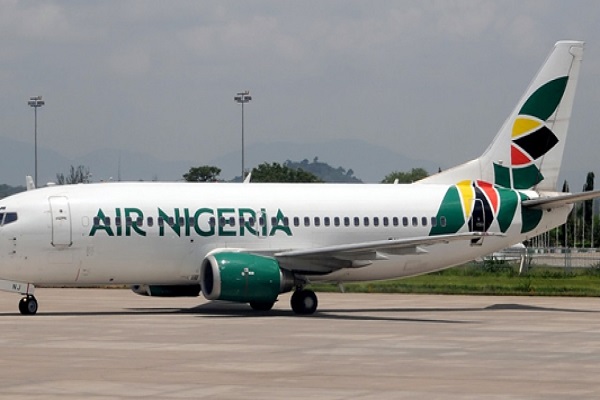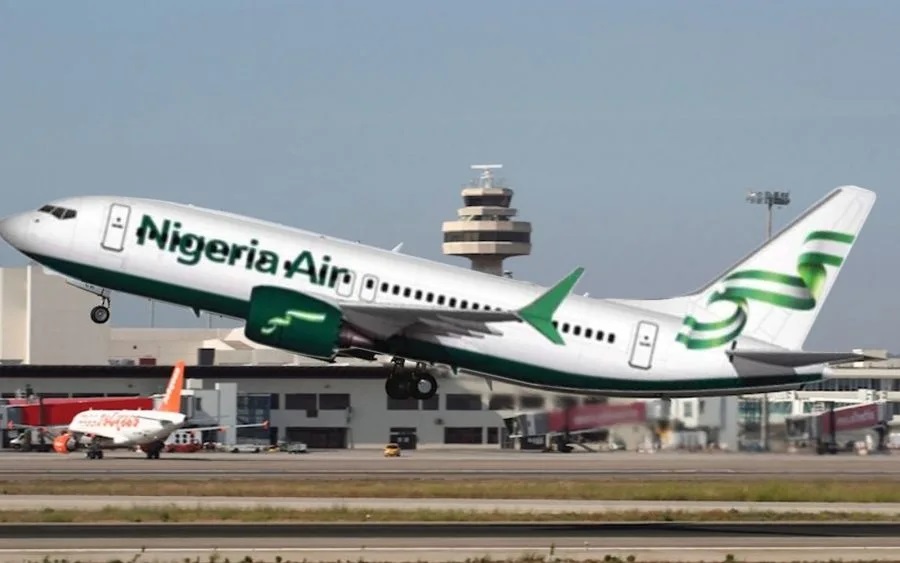Nigeria’s Aviation Minister, Festus Keyamo, revealed that the suspended Nigeria Air agreement would have required Nigeria to pay Ethiopian Airlines around $112 million over three years.
This payment was meant to cover the use of Ethiopian Airlines’ extra aircraft, which the airline provided as part of its equity share in the Air project.
Keyamo shared this information during an interview on Channels Television’s Political Paradigm program on Tuesday.

He said: “For those aircraft, their equity contribution was supposed to be providing their excess fleet to Air. However, it is not an investment as we are paying for them. We are going to pay about $112 million over a period of three years to Addis Ababa. What are they bringing to the table? We are paying them, so what is the investment here?”
Keyamo emphasized that the arrangement would have significantly favoured Ethiopian Airlines, allowing them to dominate Nigeria’s new national carrier while the profits and benefits would largely flow back to Addis Ababa rather than Nigeria.
He dismissed the rumors that suspending the project led to Nigeria missing out on foreign direct investment (FDI), questioning the value of such investments when the majority of the profits would not benefit the country.
Keyamo further explained that the deal made Ethiopian Airlines the majority stakeholder, holding 49% of Air, which gave the Ethiopian government substantial control over the operations of what was supposed to be a national carrier.
READ ALSO: Tinubu A Bad Person—Aisha Yesufu Replies Ndume
He also highlighted the dangers of handing over key Bilateral Air Service Agreement (BASA) rights to Ethiopian Airlines, which could weaken Nigeria’s control over its own aviation industry.
“By allowing Ethiopian Airlines to dominate Air, we were effectively handing over our BASA rights, which represent a key aspect of our aviation sovereignty,” he stressed.
Other arrangements the Minister faulted in the deal included provisions for tax exemptions and indemnity for Ethiopian Airlines, which could have shifted significant financial risks onto the Nigerian government. These terms meant that any financial losses or setbacks during the operations would have been Nigeria’s responsibility.
Additionally, he noted that the agreement granted Ethiopian Airlines control over key management roles, including the positions of Chief Executive Officer (CEO) and Chief Financial Officer (CFO), concentrating critical decision-making power with the foreign airline.
Follow Parallel Facts on WhatsApp Channel: https://whatsapp.com/channel/0029VaCQSAoHgZWiDjR3Kn2E









Leave a Reply